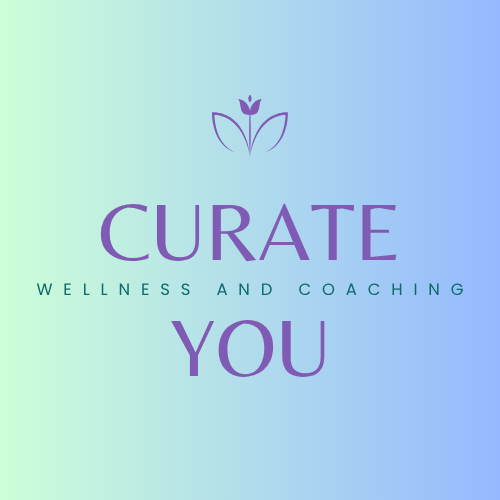Toxic Relationships
Not all pain leaves bruises.
Some of it hides in the silence you swallow, the apologies you make for someone else’s behavior, and the parts of yourself you shrink to keep the peace.
That’s the quiet violence of a toxic relationship.
It doesn’t always scream. Sometimes, it whispers, manipulates, gaslights, controls — and calls it “love.”
What Is a Toxic Relationship?
A toxic relationship consistently drains your energy, wounds your spirit, and damages your self-worth. It’s not about occasional conflict — all relationships have those. It’s about a pattern of emotional harm, imbalance, and disrespect.
Toxic relationships often involve:
Constant criticism, blame, or guilt-tripping
Manipulation masked as love or concern
Jealousy or possessiveness
Gaslighting: making you question your reality
One-sided effort (you give, they take)
Isolation from your friends, family, or identity
Conditional affection (love only when you obey)
Why It’s So Hard to Leave
If you grew up around dysfunction, toxic love might feel familiar. You may have learned that love is something to earn, that your needs don’t matter, or that suffering is normal.
And if you're a people-pleaser, an empath, or a caretaker? You’re more likely to tolerate behavior that chips away at your soul because you've been trained to fix, forgive, and hold on — even when it hurts.
Let this be a gentle reminder:
You are not here to save anyone at the cost of yourself.
Signs You're in a Toxic Relationship
Ask yourself:
Do I feel emotionally safe with this person?
Do I frequently second-guess myself or feel confused?
Am I afraid of their moods or reactions?
Do I feel like I’m walking on eggshells?
Am I giving more than I’m receiving — consistently?
Do I feel more anxious, insecure, or drained around them?
If these questions hit home, it's not because you’re broken — it’s because your intuition is speaking. And it’s asking you to listen.
Healing from Toxic Love
Leaving or detaching from a toxic relationship is not just about walking away. It’s about unlearning, grieving, and rebuilding. Healing is messy and nonlinear. Some days you’ll miss them. Some days you’ll miss who you thought they were.
But the truth is: you deserve more.
You deserve safety. Consistency. Kindness.
You deserve to be loved, not managed.
To be chosen, not controlled.
To be seen, not silenced.
How to Begin Healing
Name the truth. Denial keeps us stuck. Honesty sets us free.
Set boundaries. Distance is protection, not punishment.
Get support. Therapy, support groups, or trauma-informed coaches can help untangle the emotional web.
Rebuild self-trust. Toxic love erodes your inner voice. Reconnect through journaling, meditation, or simply asking, “What do I need today?”
Grieve. Let yourself feel it all — the sadness, the rage, the disappointment. That’s how you release it.
Choose peace over patterns. Love shouldn’t be painful, confusing, or conditional.
You Are Not the Problem
You may have been blamed, belittled, or broken down — but you are not the problem. You are a woman reclaiming her truth, her boundaries, her voice, and her power.
Leaving toxicity is not weakness.
It’s one of the bravest things you’ll ever do.
You don’t heal by going back to what hurt you.
You heal by giving yourself the love you kept trying to get from someone else.
If this post resonates with your journey, share it. Your story might be the lifeline someone else is praying for.
